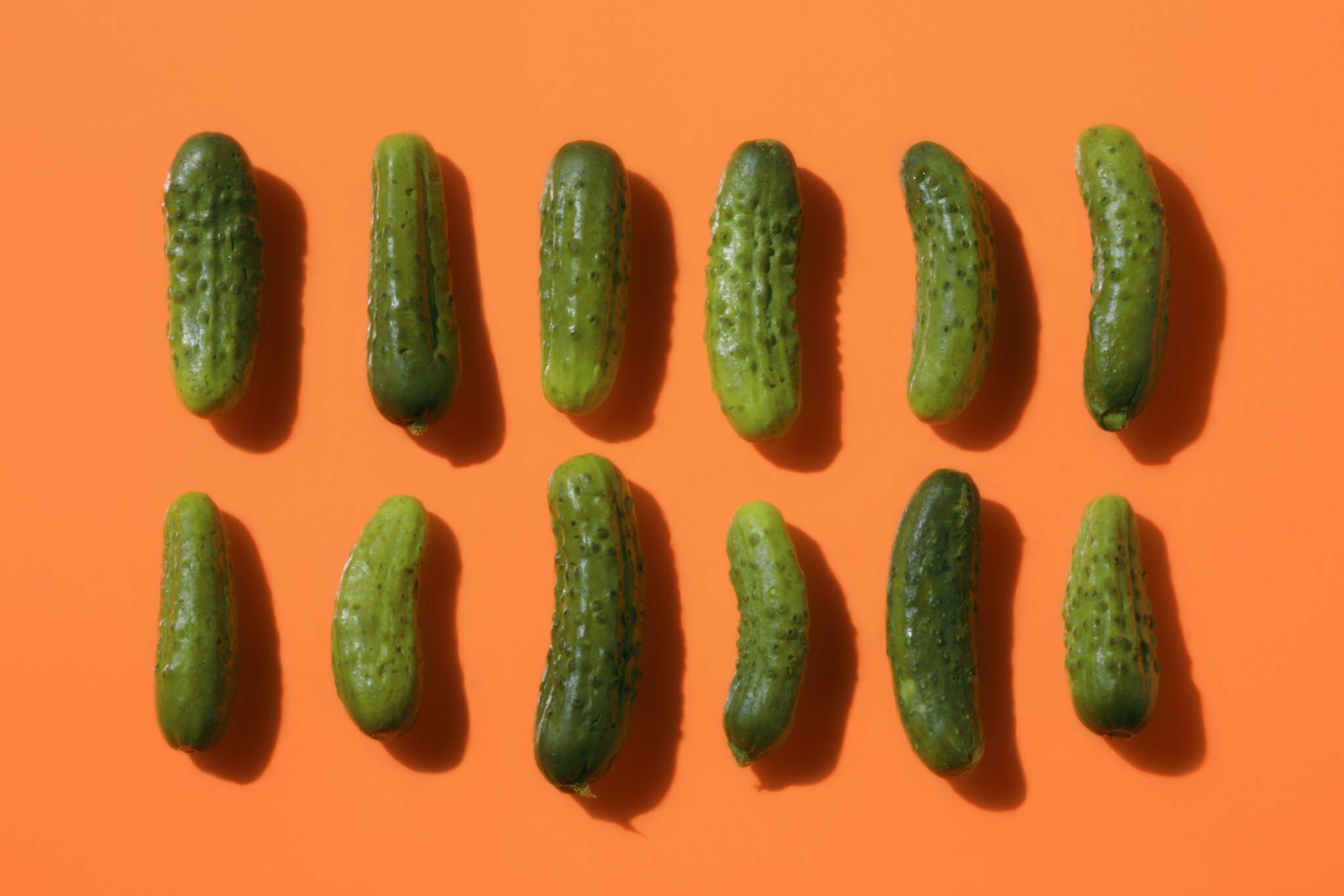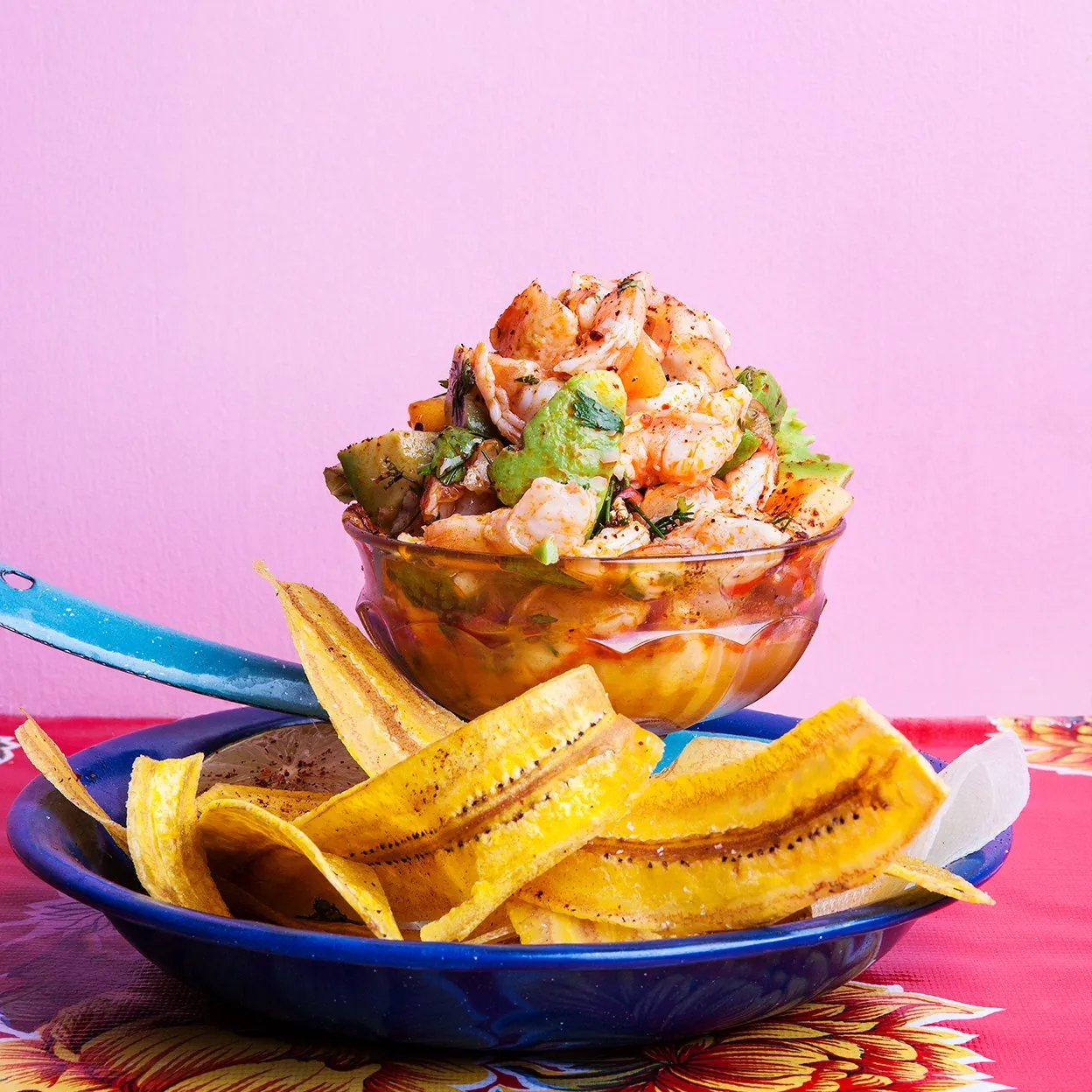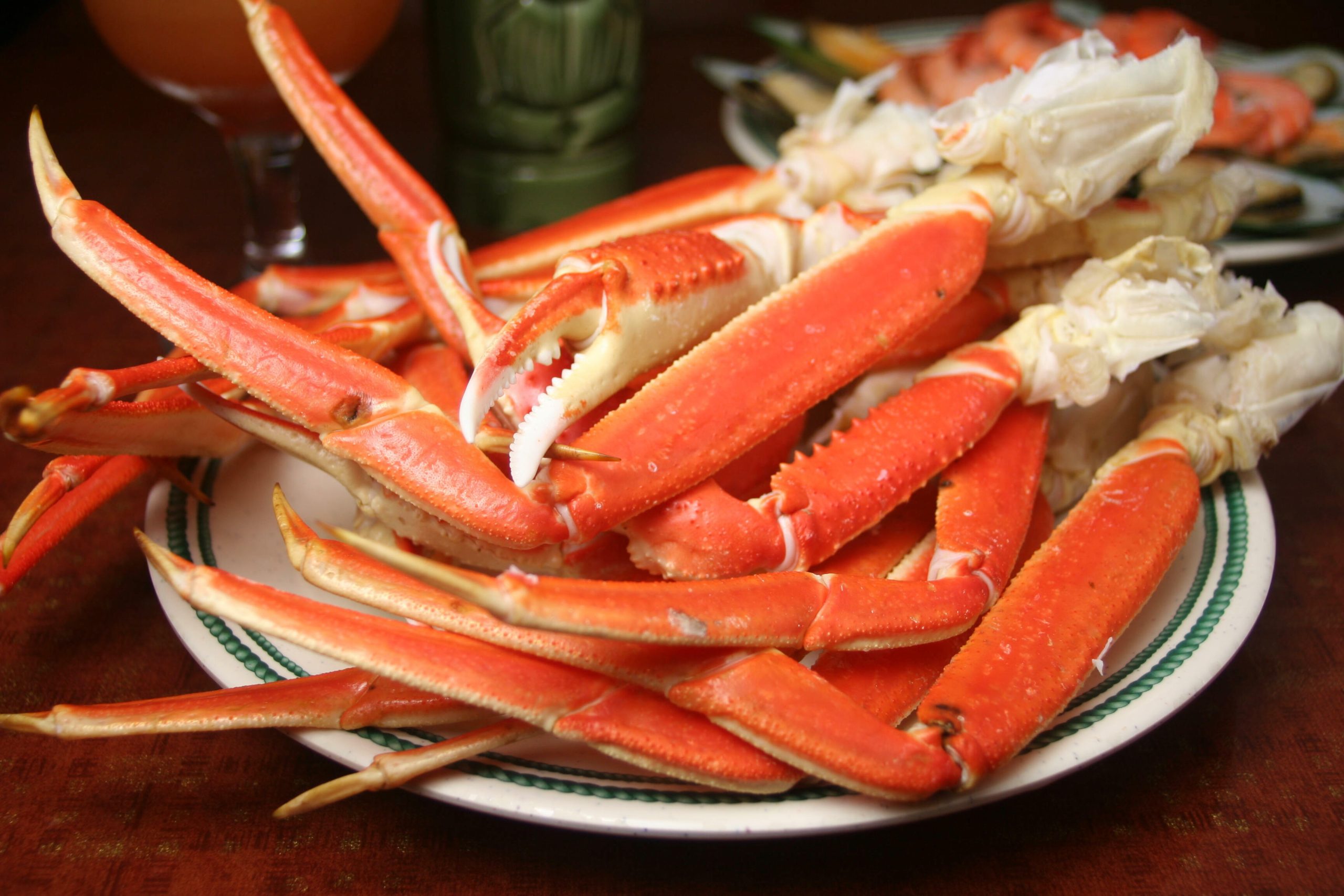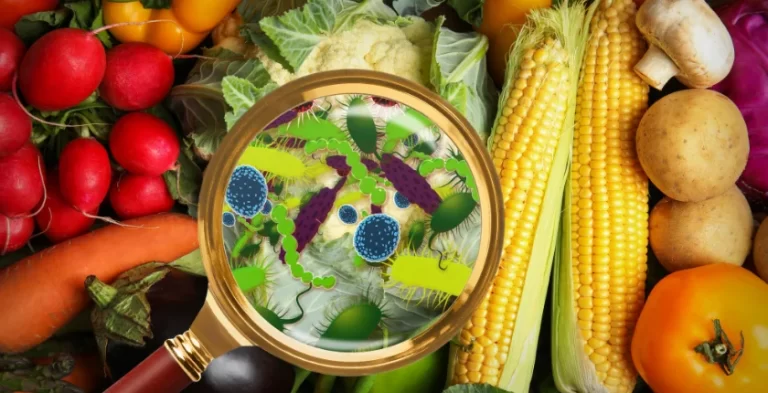Does Pickles Make You Poop? Explained
Table of Contents
Discover the truth about pickles and digestion with Why Do Pickles Make You Poop? Uncover why some experience diarrhea after indulging in this popular snack, and learn tips to enjoy pickles without digestive discomfort.
Pickles are a popular snack that many people enjoy as a tasty, low-calorie treat. However, some people report that eating pickles can lead to more frequent bowel movements or loose stools. So what’s the deal – do pickles make you poop?
The short answer is that for some people, yes, eating pickles can have a laxative effect and cause diarrhea or loose stools. Here’s a deeper look at why this happens and what’s going on when pickles make you poop.
Does Pickles Make You Poop?
Whether pickles make you poop depends on more than just their delightful crunch. While the vinegar in some pickles might offer a mild laxative effect, the real gut-boosting hero lies in fermented pickles. These salty stars harbor probiotics, friendly bacteria that can aid digestion and keep things moving smoothly. So, while enjoying a dill doesn’t guarantee instant results, it can contribute to a healthy gut, which plays a key role in, well, you know… the regularity department. But remember, everyone’s digestive system is unique, so what works for one pickle-lover might not be the same for another. Ultimately, the answer to the poop-pickles puzzle rests in your own tummy’s tango!
Read also: Why is Ohio So Bad
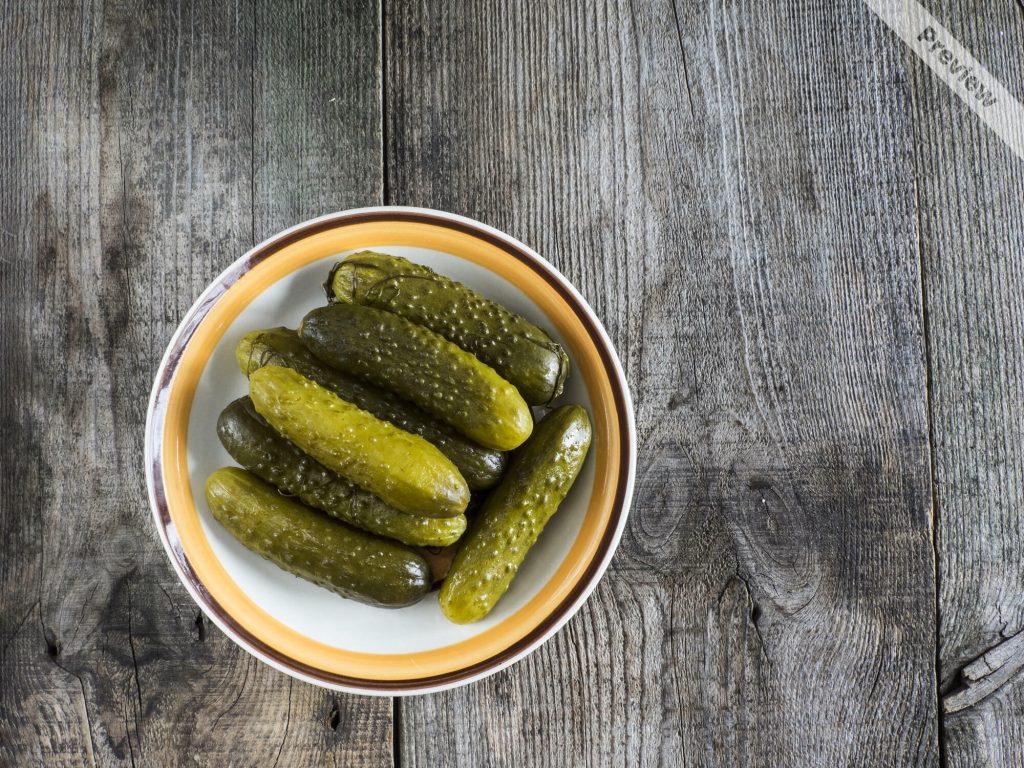
Why Do Pickles Cause Diarrhea in Some People?
There are a few reasons why pickles might lead to looser bowel movements or diarrhea for some folks:
High Salt Content
One of the main ingredients in pickles is salt. The brine or vinegar solution that pickles sit in contains a lot of sodium, which is used to prevent microbial growth and preserve the cucumbers or other vegetables being pickled.
Eating foods that are high in salt can cause the body to retain more water. This extra fluid softens the stool and increases bowel movements. For those sensitive to salt, the high sodium content of pickles can have a laxative effect.
Irritation from Vinegar
Most pickles are pickled with vinegar, which gives them that characteristic sour-salty flavor. Vinegar contains acetic acid, which can irritate the digestive tract of some people. This irritation can stimulate bowel movements.
Additionally, vinegars that contain apple cider vinegar or other probiotic strains introduce gut-healthy bacteria that support digestion. This can also lead to more frequent stools.
Roughage from Vegetables
Pickles are often made from cucumbers, which are low in calories and high in water content. Other common pickled vegetables include cauliflower, carrots, onions, green beans, and cabbage.
These fibrous veggies act as roughage in the diet, adding bulk that can stimulate digestion. The extra fiber in pickles can get things moving through the colon more quickly.
Effects from Prebiotics
Some types of pickles contain added prebiotics, which act as fuel for the good bacteria in your gut microbiome. Prebiotics like inulin fiber from chicory root promotes the growth of beneficial bacteria species like Bifidobacteria and Lactobacilli.
As these healthy bacteria proliferate, they support regularity and can increase stool frequency. Eating pickles with added prebiotics may have a mild laxative effect for this reason.
Other Factors that Contribute to Pickles Causing Diarrhea
In addition to the ingredients in pickles themselves, some other factors can determine if pickles make you poop. These include:
- Individual sensitivity – Some people’s digestive systems are more sensitive to pickles’ effects than others. If your body is reactive to high salt, vinegar, veggie fiber, or prebiotics, you’ll be more prone to loose stools from pickles.
- Pickle ingredients – Pickles made with highly acidic vinegar, extra salt, added fiber, or probiotics are more likely to cause diarrhea than simpler cucumber pickles in mild brine.
- Pickle serving size – Eating a whole large pickle or several smaller pickles provides a higher dose of laxative components compared to just having a few pickle slices. Moderation is key for some pickle lovers.
- Underlying conditions – Those with conditions like IBS or inflammatory bowel disease may be extra sensitive to pickles’ effects on digestion.
- Food combinations – Eating pickles alongside gastro-stimulating foods like coffee, spicy dishes, greasy fare, or dairy can compound pickles’ laxative effects.
So in summary, the ingredients in different types of pickled products can interact with an individual’s unique digestive health to cause looser stools or diarrhea after eating pickles for some people.
Tips to Prevent Pickles from Causing Diarrhea
If you’re prone to diarrhea from eating pickles, don’t despair – there are some ways you can still enjoy them without discomfort. Here are some tips:
- Opt for pickles with less sodium. Look for low-sodium or no salt-added varieties to cut down on salt-induced water retention.
- Choose pickles made with non-irritating vinegar like rice wine vinegar rather than distilled white vinegar.
- Portion out pickle servings. Stick to a few slices rather than eating whole pickles to limit your intake of fiber and fluids.
- Avoid pickles on an empty stomach. Eat pickles as part of a meal to slow their transit through your system.
- Read labels. Watch out for pickles with added probiotics, prebiotics, or other functional ingredients if your digestion is sensitive.
- Take anti-diarrheal medication. An over-the-counter medication like loperamide (Imodium) can often curb pickle-related diarrhea.
- Stay hydrated. Drink plenty of water and electrolyte-rich fluids if you do get diarrhea to avoid dehydration.
- See a doctor if pickle-related diarrhea is chronic. They can help identify if you have an underlying condition and devise more personalized remedies.
Health Benefits of Pickles (Despite the Possible Diarrhea)
It’s understandable if frequent trips to the toilet have you wary of pickles. However, pickles can still be a healthy addition to your diet in moderation. Here are some benefits that may make dealing with looser stools worthwhile:
- Gut health support – Pickles’ probiotics, prebiotics, and fiber feed good gut bacteria and support healthy digestion overall.
- Immune system boost – The abundance of vitamin C, antioxidants, and probiotics in pickled vegetables can help strengthen immunity.
- Reduced blood pressure & heart disease risk – The vinegar in pickled foods is linked to improving blood pressure and cholesterol markers.
- Cancer prevention – Pickles provide a range of antioxidants and anti-inflammatory compounds that may help protect against cancer.
- Satiety – The fiber in pickles helps you feel fuller. And their strong flavor can curb cravings for less healthy fare.
- Flavor enhancement – Pickles can elevate sandwiches, burgers, tacos, salads, and other dishes with their unique salty-sour zing.
So for most people, pickles can be worth their weight as a low-calorie snack or condiment that packs in nutrition – even if they also pack in some extra time on the toilet.
The Bottom Line
At the end of the day, does pickles make you poop? For many folks, the answer is yes, pickles can have a laxative effect and cause looser stools or diarrhea.
The high salt, vinegar, vegetable fiber, and probiotics in various pickled products can overstimulate digestion, especially in those with sensitive stomachs. But don’t give up on pickles yet.
By choosing the right pickles and portions, as well as taking other preventive steps, you can often reap pickles’ many benefits while avoiding urges to rush to the restroom. And if diarrhea still ensues, be sure to stay hydrated and talk to your doctor if pickle-pooping persists.
